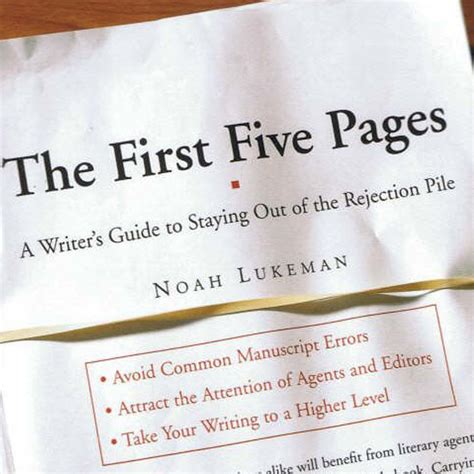A Quote by Richard Sibbes
Whatsoever God takes away from His children, He either replaces it with a much greater favor or else gives strength to bear it.
Related Quotes
Thou, Everlasting Strength, hast set Thyself forth to bear our burdens. May we bear Thy cross, and bearing that; find there is nothing else to bear; and touching that cross, find that instead of taking away our strength, it adds thereto. Give us faith for darkness, for trouble, for sorrow, for bereavement, for disappointment; give us a faith that will abide though the earth itself should pass away--a faith for living, a faith for dying.
Your Saying "God is Most Great" does not mean that He is greater than something else, since there is nothing else alongside of Him, so that it could be said that He is greater than it. Rather, the meaning of Allahu Akbar is that He is much too great to be perceived by the senses or for the depths of His Majesty to be reached by reason and logic, and indeed, that He is much too great to be known by an other-than-Him for truly, no one knows God but God.
In order to even begin to learn how to play his instrument, it takes the guitarist weeks to build calluses on his fingertips; it takes the saxophonist months to strengthen his lip so that he might play his instrument for only a five-minute stretch; it can take the pianist years to develop dual hand and multiple finger coordination. Why do writers assume they can just “write” with no training whatsoever-and then expect, on their first attempt, to be published internationally? What makes them think they're so much inherently greater, need so much less training than any other artists?
When you pray to God resignedly, as though patiently accepting the punishment of grief at the death of a loved one, and you say: "Thy will be done O Lord. The Lord giveth, and he taketh away", you have not yet known the God of love, for God giveth only. God never takes that which has not been given. What God gives to you you regive to Him for His regiving.
You rejoice when God gives birth to life, yet you deeply grieve when you give rebirth to new life - for that is what death is.
The life of a sannyasin should be a life of no expectations. And then every moment is such a bliss, such a benediction, because whatsoever God gives is so much. Then you always feel grateful. But your desires are so much that whatsoever God gives always looks so little; and you feel frustrated, and you feel complaints, and you cannot feel grateful. And without gratitude, there is no possibility of prayer arising in your heart. Gratitude is prayer.
The great God endows His children variously. To some He gives intellect...and they
move the earth. To some He allots heart...and the beating pulse of humanity is theirs.
But to some He gives only a soul, without intelligence...and these, who never grow up,
but remain always His children, are God's fools, kindly, elemental, simple, as if from
His palette the Artist of all has taken one color instead of many.
This divine privilege of raising our children is a much greater responsibility than we can do alone, without the Lord's help. He knows exactly what our children need to know, what they need to do, and what they need to be to come back into His presence. He gives mothers and fathers specific instruction and guidance through the scriptures, His prophets, and the Holy Ghost.
What has the Cross left in each of us? You see, it gives us a treasure that no one else can give: the certainty of the faithful love which God has for us. A love so great that it enters into our sin and forgives it, enters into our suffering and gives us the strength to bear it. It is a love which enters into death to conquer it and save us.
Do not look forward to the changes and chances of this life in fear; rather look to them with full hope that, as they arise, God, whose you are, will deliver you out of them. He is your keeper. He has kept you hitherto. Do you but hold fast to his dear hand, and he will lead you safely through all things; and, when you cannot stand, he will bear you in his arms. Do not look forward to what may happen tomorrow. Our Father will either shield you from suffering, or he will give you strength to bear it.































